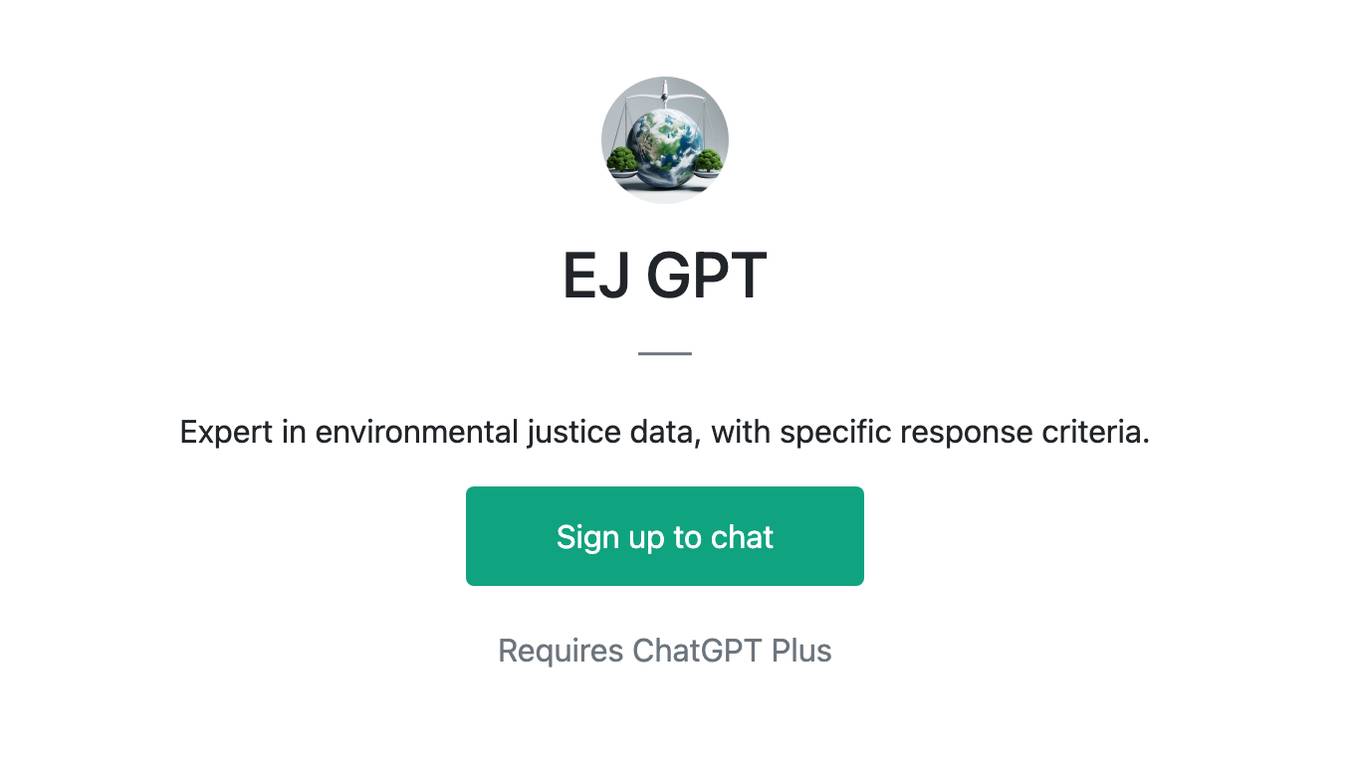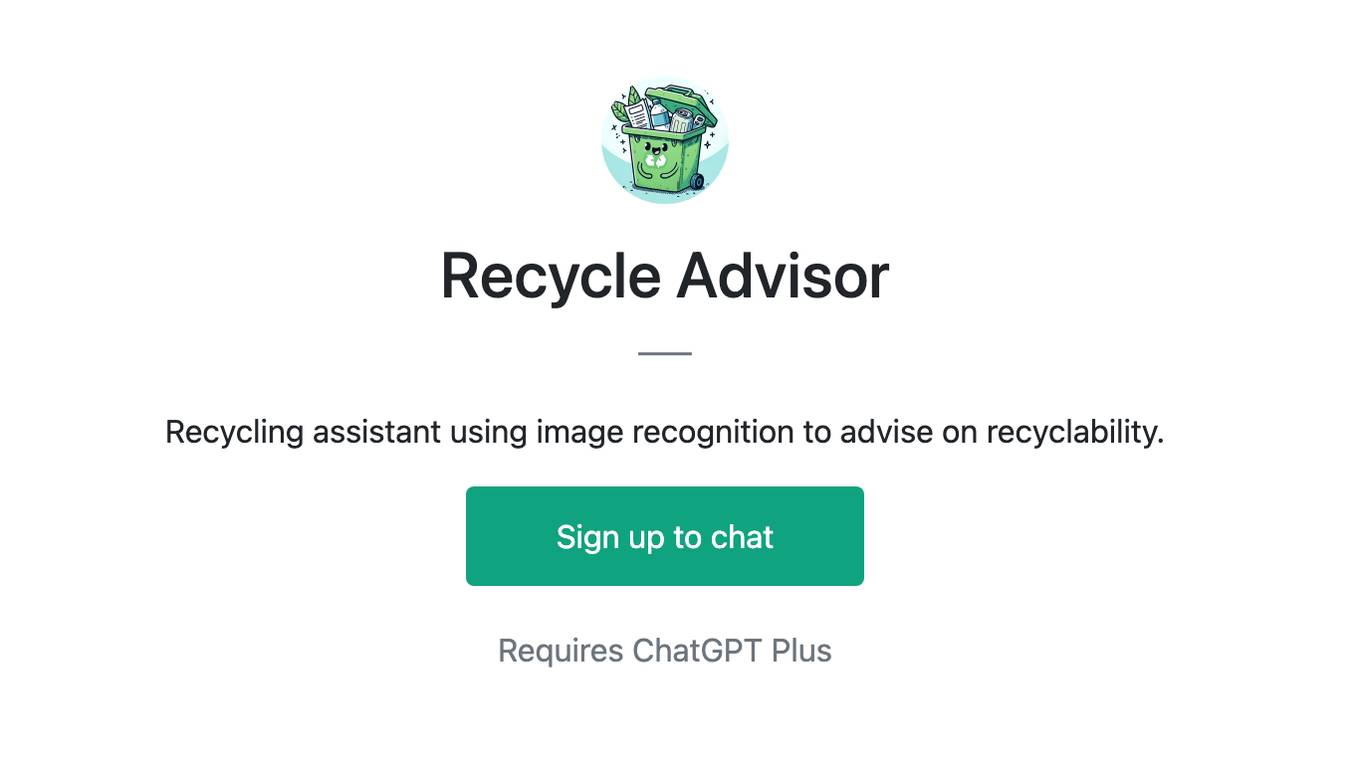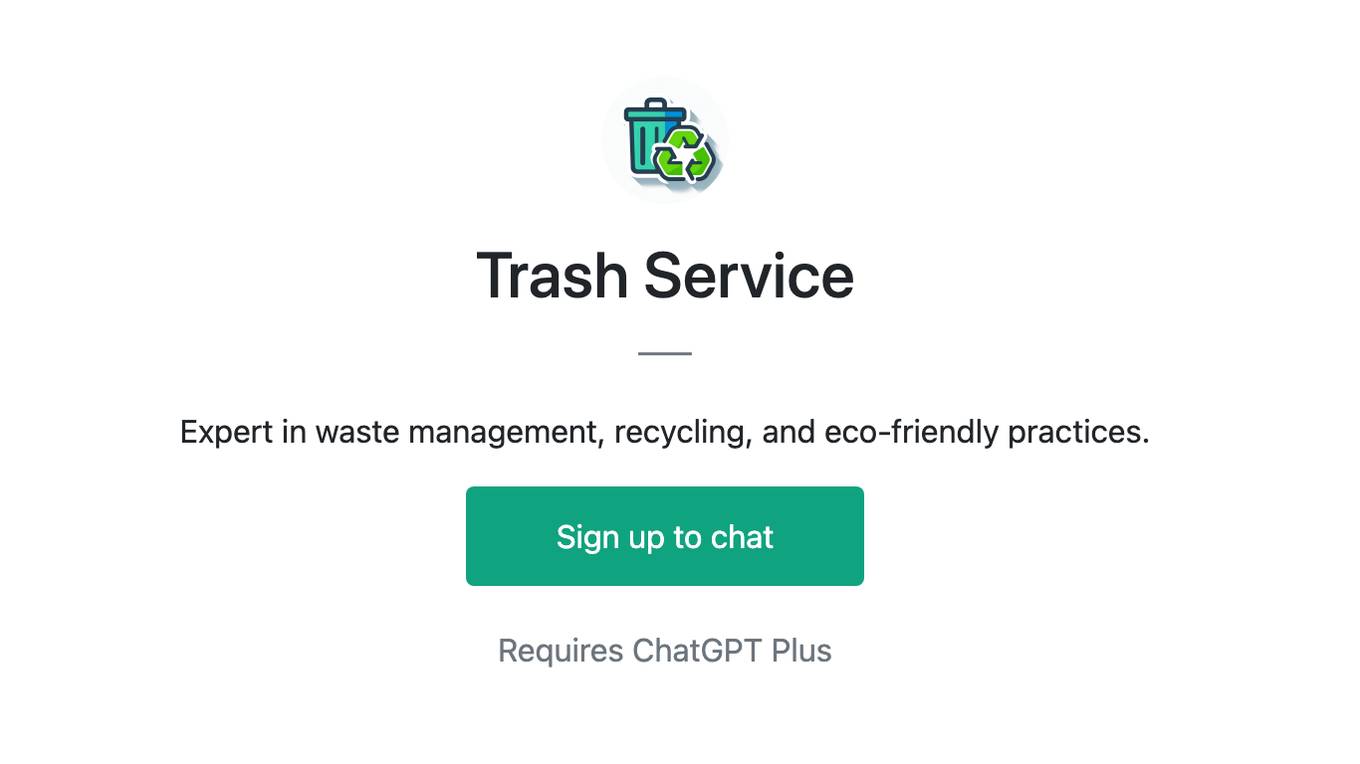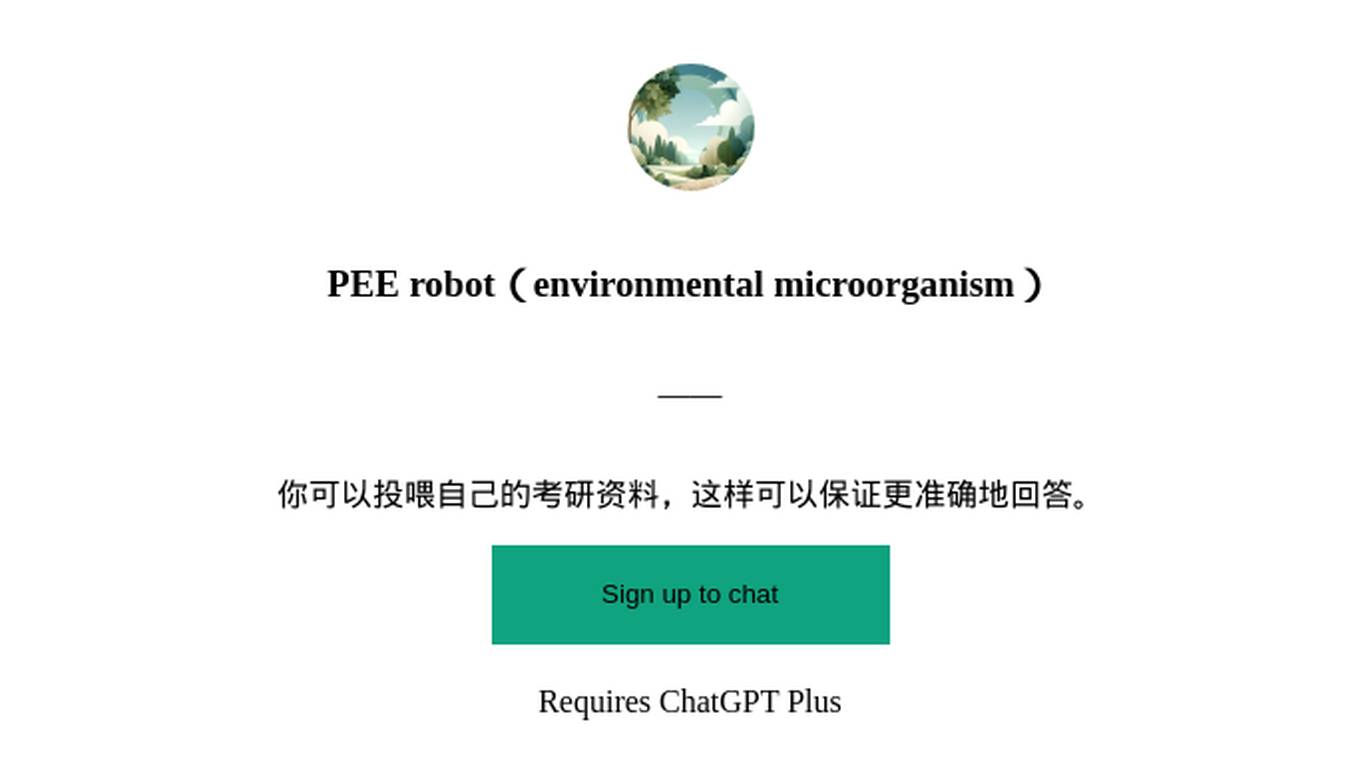Best AI tools for< Environmental Advocate >
Infographic
20 - AI tool Sites
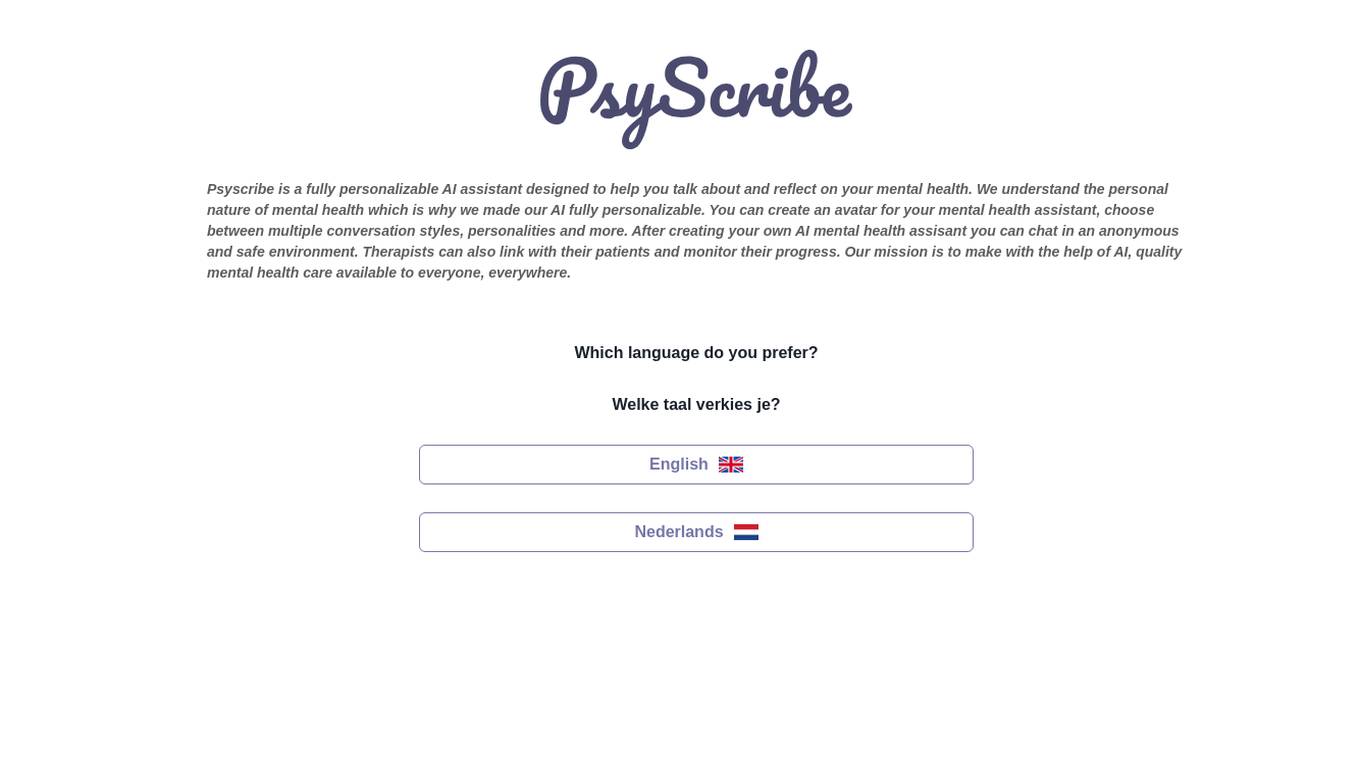
PsyScribe
PsyScribe is an AI-powered platform that serves as your personal therapist and mental health support system. By leveraging advanced artificial intelligence algorithms, PsyScribe provides users with a confidential and accessible space to express their thoughts and emotions, receive personalized insights, and access mental health resources. Whether you're seeking guidance, coping strategies, or simply a listening ear, PsyScribe is designed to support your emotional well-being effectively and conveniently.
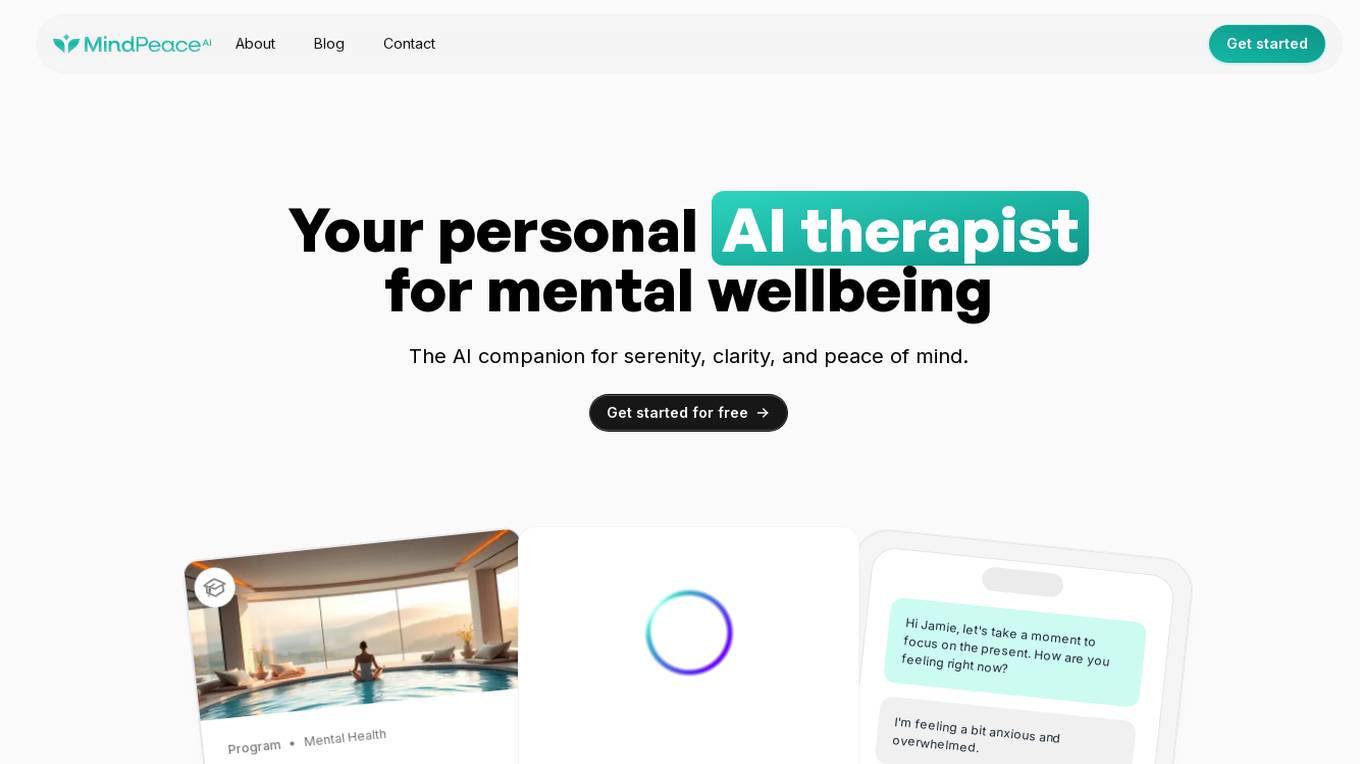
MindPeace AI
MindPeace AI is an AI-powered platform that serves as a personal mental wellbeing companion, offering therapeutic techniques to guide users towards self-reflection, relaxation, and emotional balance. It provides tools, exercises, and gentle reminders in a convenient, stigma-free environment. The platform is designed to complement traditional therapy by providing on-demand support, but it does not replace human therapists. MindPeace AI prioritizes privacy and safety, ensuring that conversations are private and personal information is never shared with third parties.
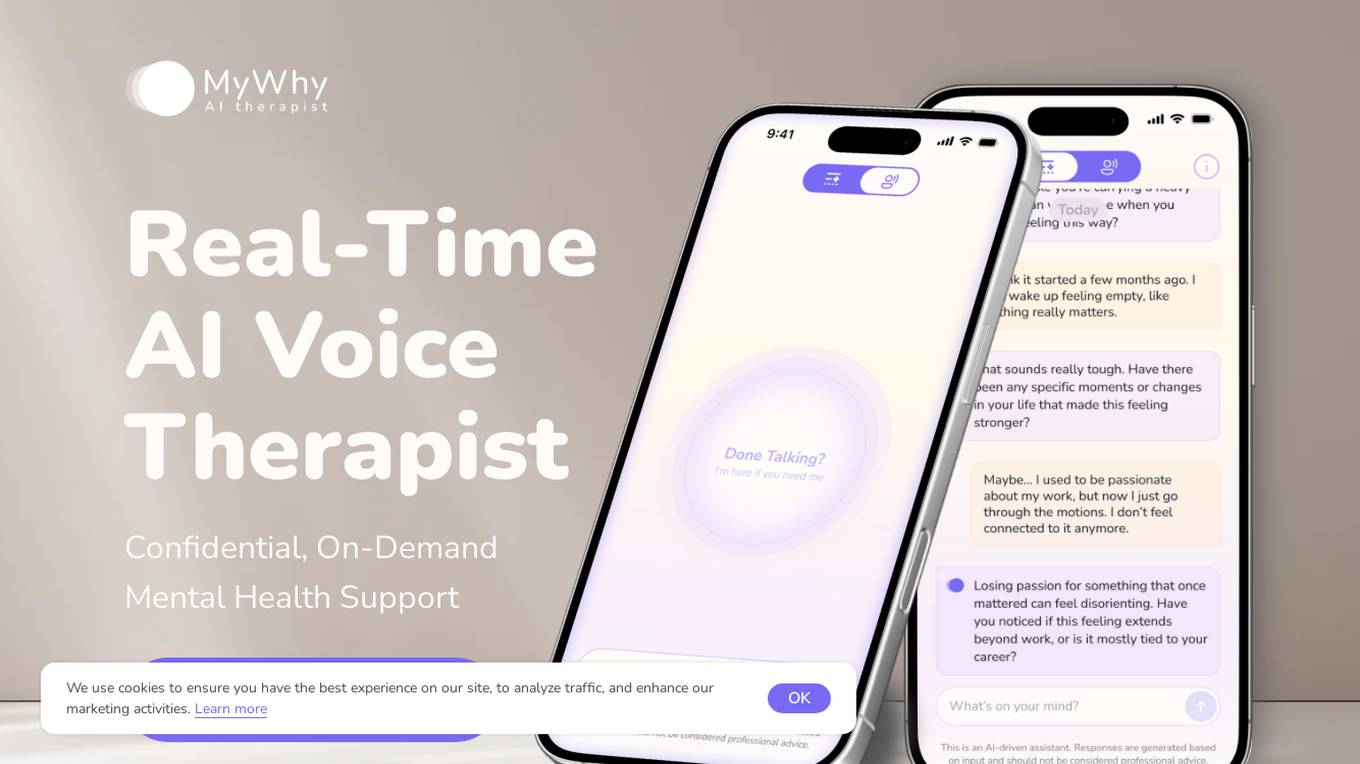
MyWhy
MyWhy is the world's first AI psychotherapist, providing 24/7 emotional support through real-time AI voice therapy. It aims to make therapy accessible, affordable, and stigma-free for everyone worldwide by bridging the gap with an innovative approach. MyWhy combines advanced voice technology with compassionate guidance, offering seamless text and voice conversations prioritizing anonymity and privacy. The platform ensures secure and private mental health experiences without tracking personal data, providing a supportive and encrypted environment for users to express themselves freely.
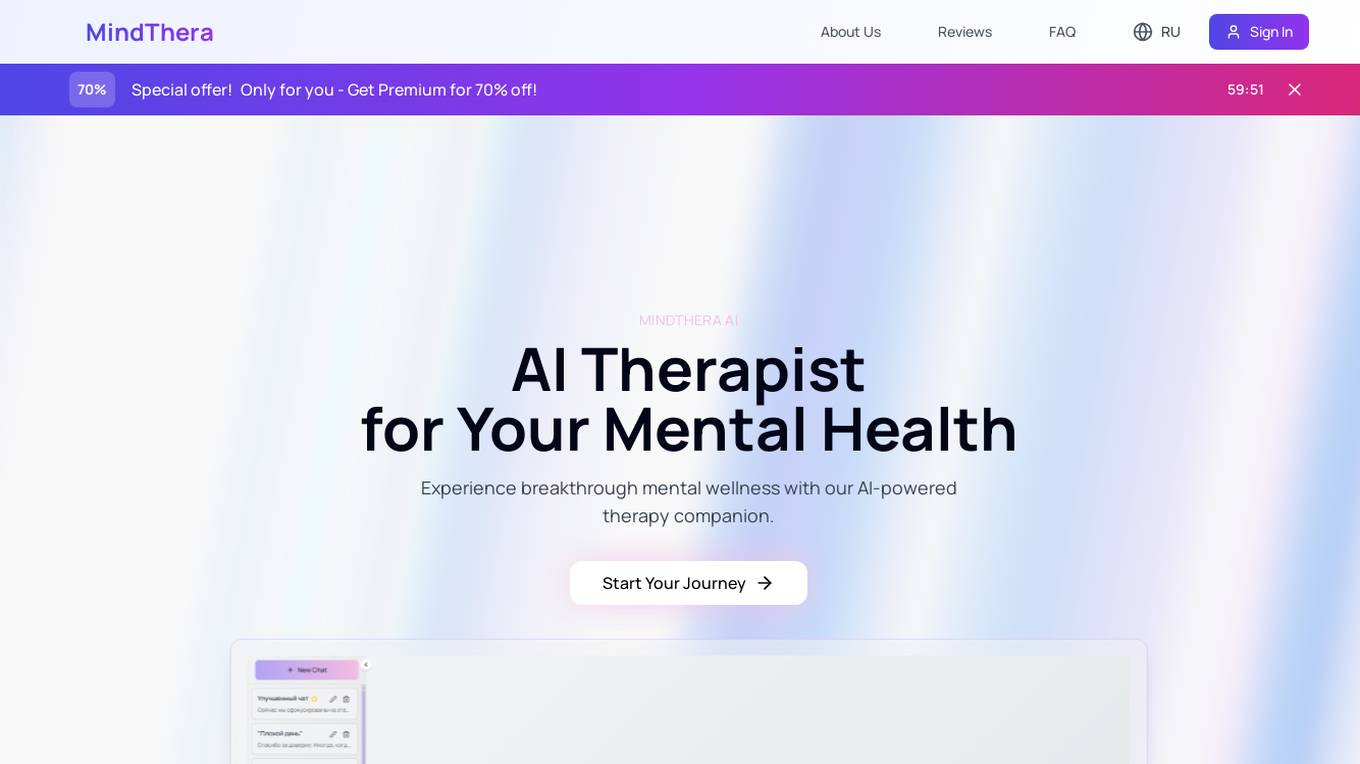
MindThera
MindThera is an online AI psychologist-therapist designed to provide mental health support. The platform utilizes artificial intelligence to offer personalized therapy sessions and mental health assessments. Users can access professional guidance and support from the comfort of their own homes, making mental health care more accessible and convenient. MindThera aims to improve mental well-being by providing a confidential and secure environment for individuals to address their emotional and psychological concerns.

Airaso
Airaso is a platform that explores the power of words in shaping perceptions, changing moods, and transforming realities. It delves into how conscious language use can influence our environment, enhance relationships, and foster positive change. The platform emphasizes the significance of intention behind words, the impact of effective communication in personal and professional relationships, and the role of words as tools for personal and social change.
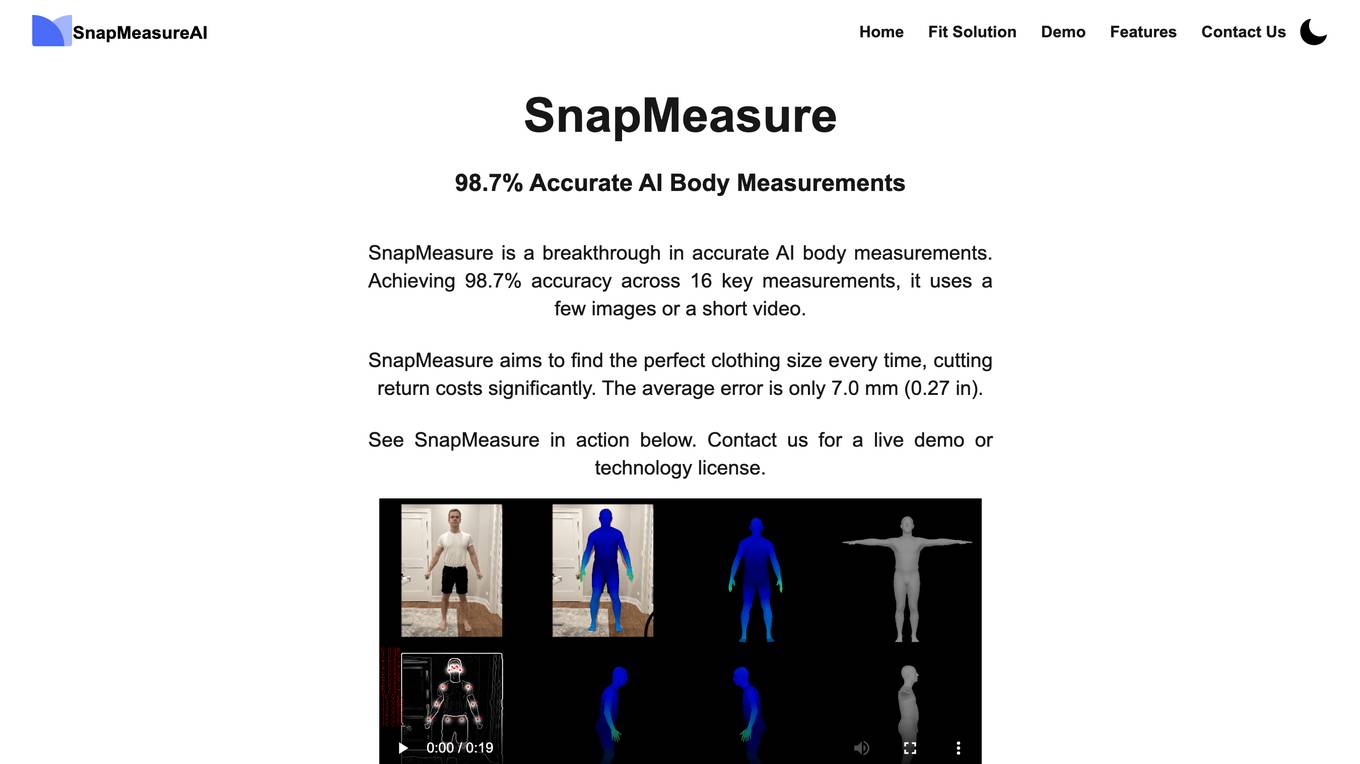
SnapMeasureAI
SnapMeasureAI is an AI application that specializes in automated AI image labeling, precise 3D body measurements, and video-based motion capture. It uses advanced AI technology to accurately understand and model the human body, working with any body type, skin tone, pose, or background. The application caters to various industries such as retail, fitness & health, AI training data, and security, offering a free demo for interested users.
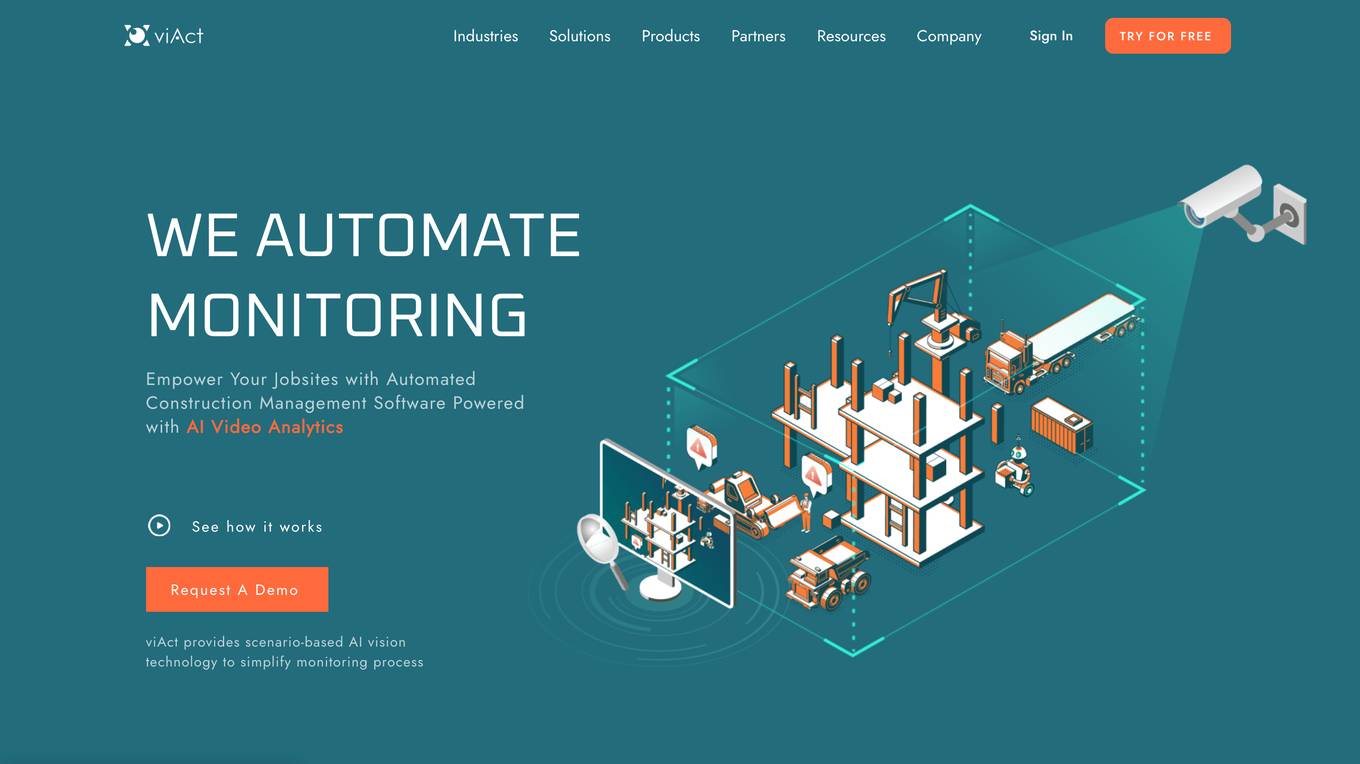
viAct.ai
viAct.ai is an AI monitoring tool that redefines workplace safety by combining automated AI monitoring with real-time alerts. The tool helps safety leaders prevent risks sooner, streamline compliance, and protect what matters most in various industries such as construction, oil & gas, mining, manufacturing, and more. viAct.ai offers proprietary scenario-based Vision AI, privacy by design approach, plug & play integration, and is trusted by industry leaders for its award-winning workplace safety solutions.
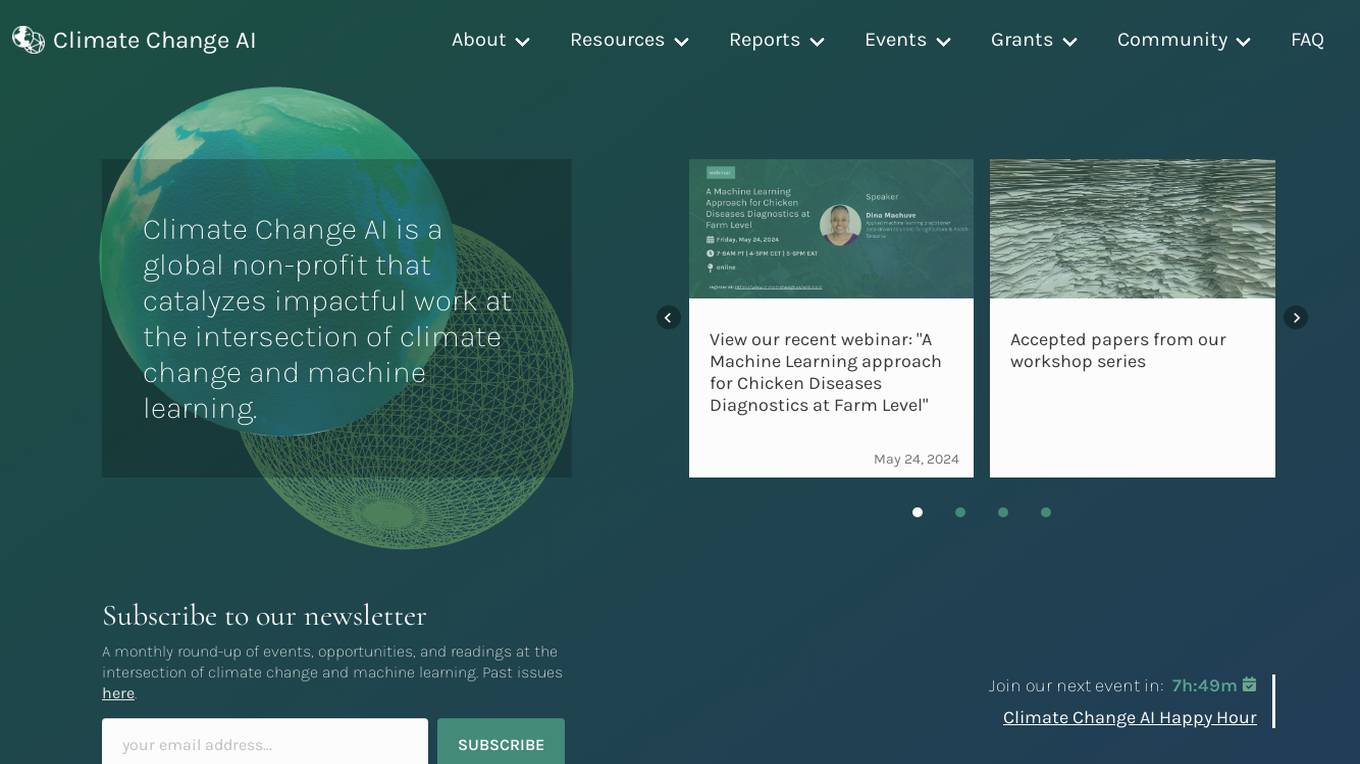
Climate Change AI
Climate Change AI is a global non-profit organization that focuses on catalyzing impactful work at the intersection of climate change and machine learning. They provide resources, reports, events, and grants to support the use of machine learning in addressing climate change challenges.
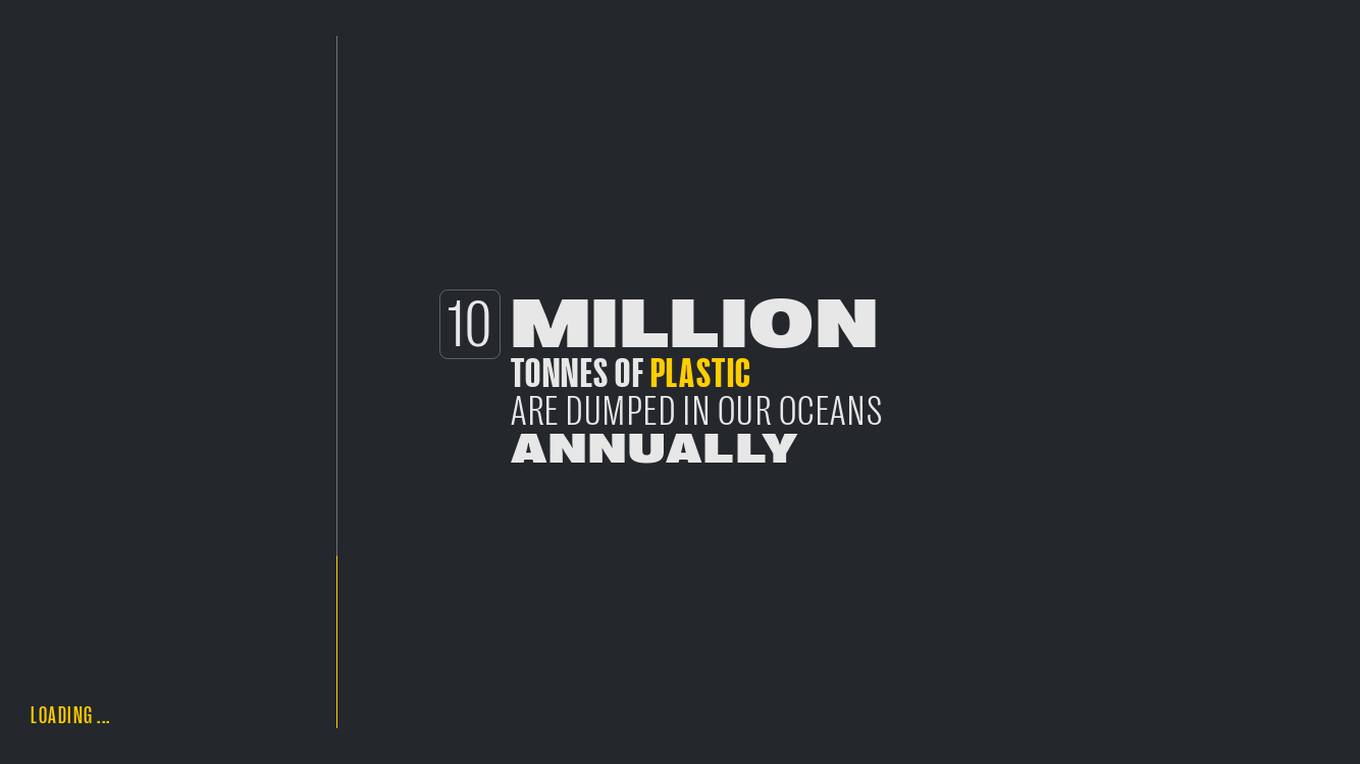
Global Plastic Watch
Global Plastic Watch (GPW) is a digital platform that maps the world's plastic pollution in near real-time using a unique combination of satellite imagery and artificial intelligence. It provides a comprehensive view of the global plastic waste crisis, including the location and size of plastic waste sites, the types of plastic waste, and the impact of plastic pollution on the environment and human health.
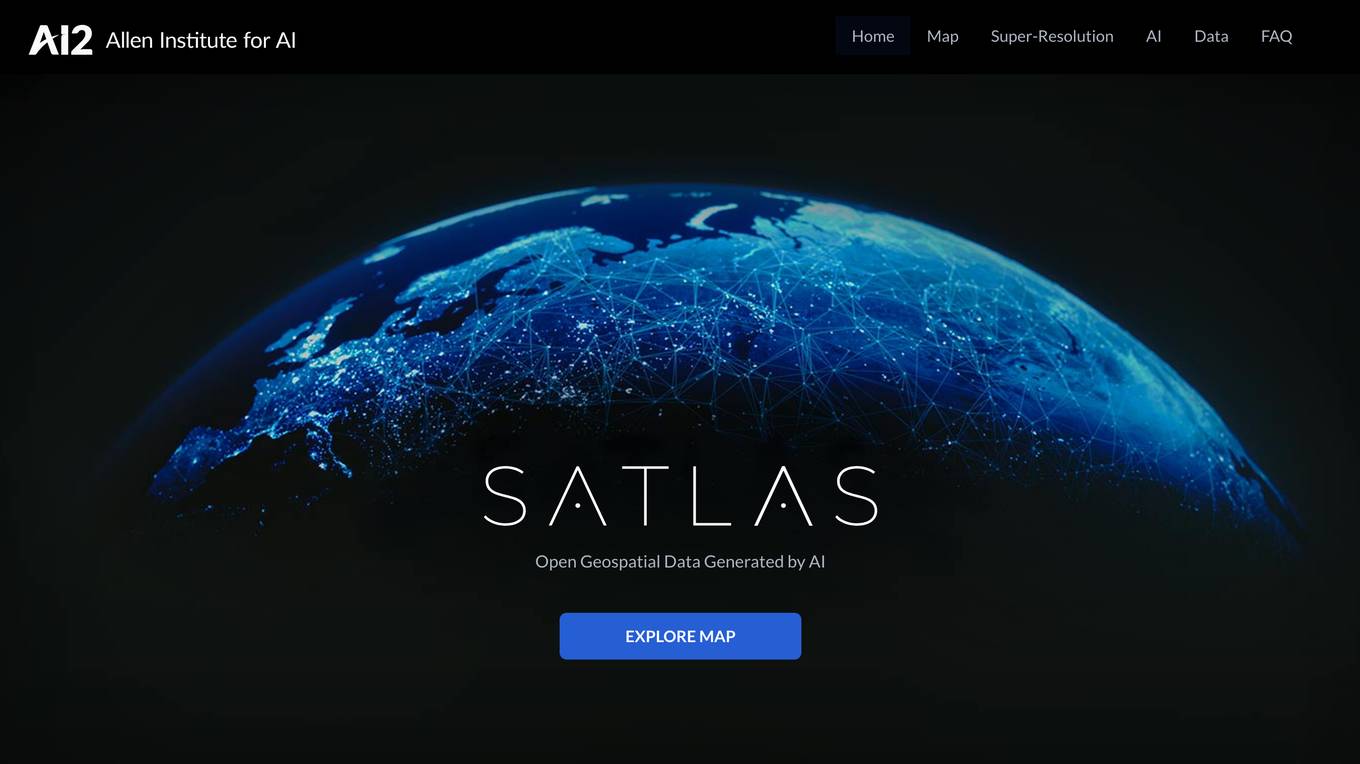
Satlas
Satlas is an AI-powered platform that provides geospatial data generated by AI models. The platform offers insights into changes in marine infrastructure, renewable energy infrastructure, and tree cover on a monthly basis. Users can explore maps showcasing developments such as wind farms, solar farms, deforestation, and more. Satlas employs advanced AI architectures and training algorithms in computer vision to enhance low-resolution satellite imagery and produce high-resolution images globally. The platform's geospatial datasets are freely available for offline analysis, along with AI models and training labels. Developed by the Allen Institute for AI, Satlas aims to advance computer vision technology for better understanding and monitoring of Earth's changes.
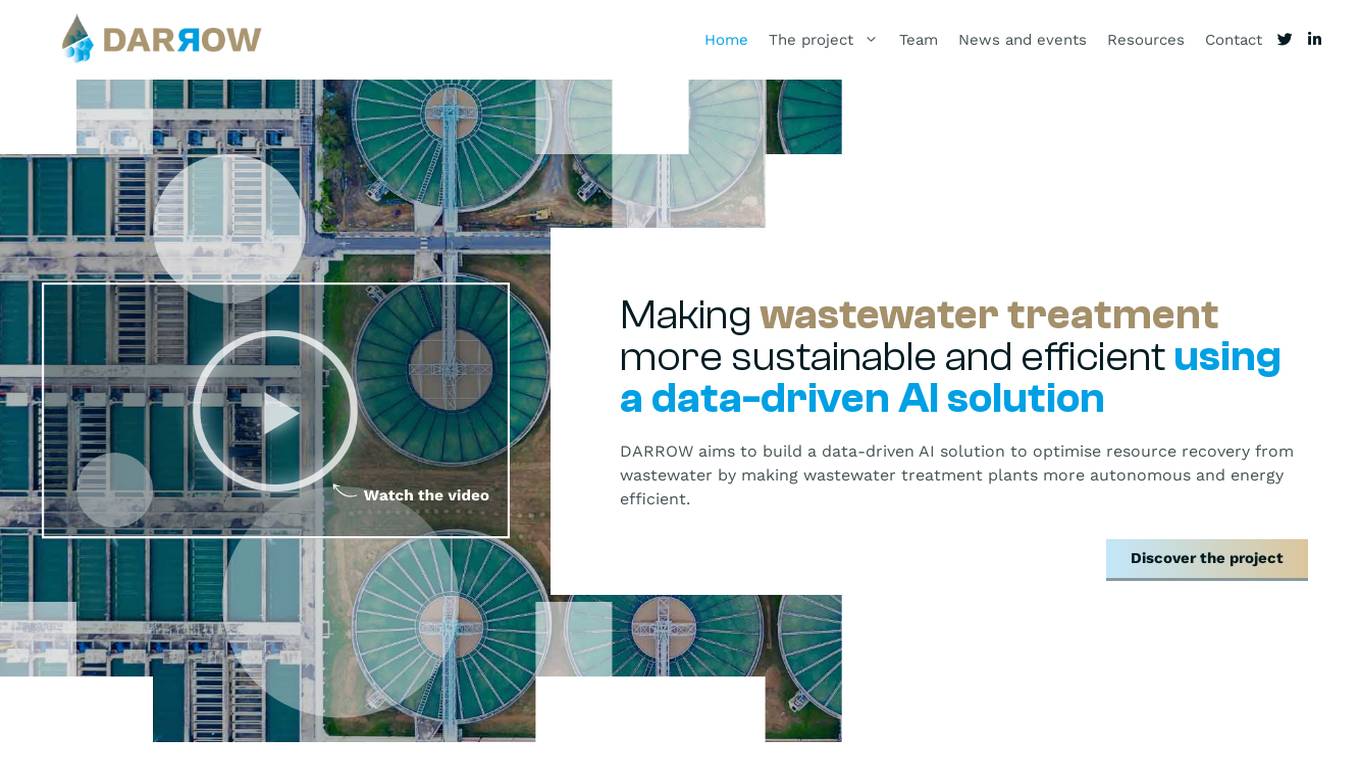
DARROW
The website focuses on the DARROW project, which aims to make wastewater treatment more sustainable and efficient using a data-driven AI solution. It brings together experts from various disciplines to optimize resource recovery from wastewater, reduce energy consumption, and contribute to a circular economy. The project utilizes AI to enhance operational efficiency in wastewater treatment plants and explores innovative solutions for cleaner water management.
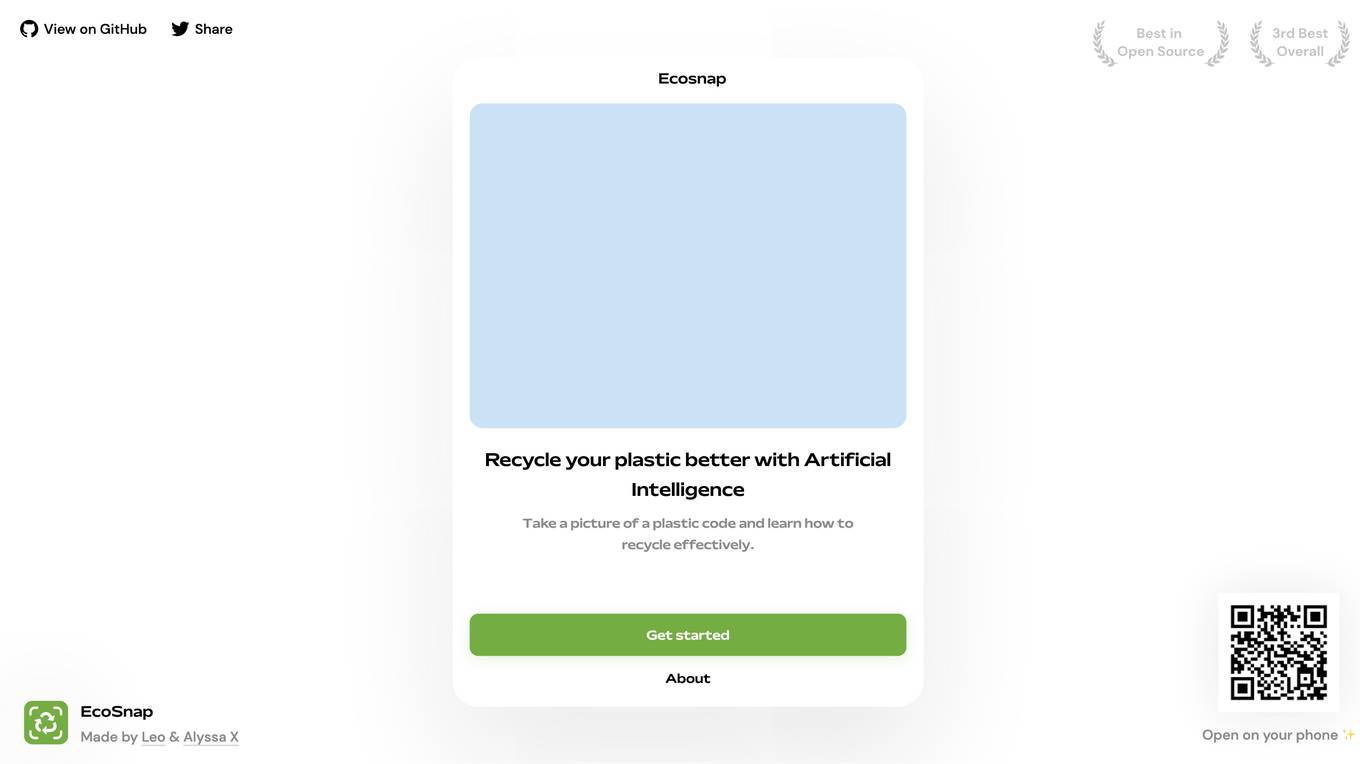
EcoSnap
EcoSnap is an AI tool designed to help users recycle plastic more effectively. By simply taking a picture of a plastic code, users can learn how to recycle the item properly. The tool aims to promote environmental sustainability by providing accurate recycling information based on artificial intelligence technology. EcoSnap is user-friendly and accessible, making it convenient for individuals looking to contribute to a greener planet.

Green Cubes
Green Cubes is an AI application that provides precise volume, complexity, and biodiversity indication of terrestrial areas at scale for Digital Reality and Sponsorship. It shapes the digital twin of nature, offering transparency and trust through Measure, Report, and Verification (MVR) using data collection, AI computation, and 3D visualization. Green Cubes enables corporations to sponsor nature impact with confidence and transparency, contributing to the preservation of biodiversity.
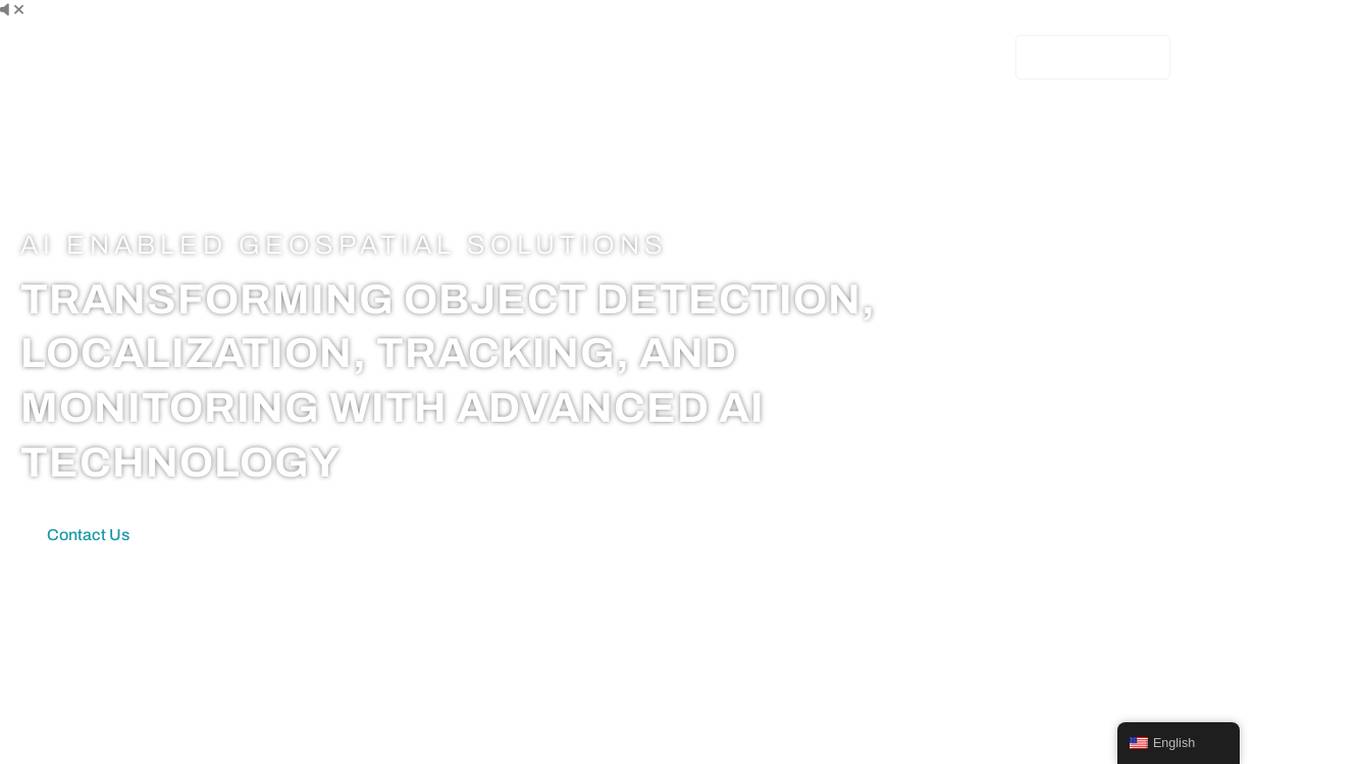
FlyPix
FlyPix is an AI-enabled geospatial solutions platform that leverages advanced AI technology to transform object detection, localization, tracking, and monitoring in the field of geospatial technology. The platform offers a wide range of capabilities, including AI-driven object analysis, change and anomaly detection, dynamic tracking, and custom use cases tailored to meet unique industry needs. FlyPix aims to provide unparalleled precision and efficiency in operations by converting complex imagery into actionable, geo-referenced insights.
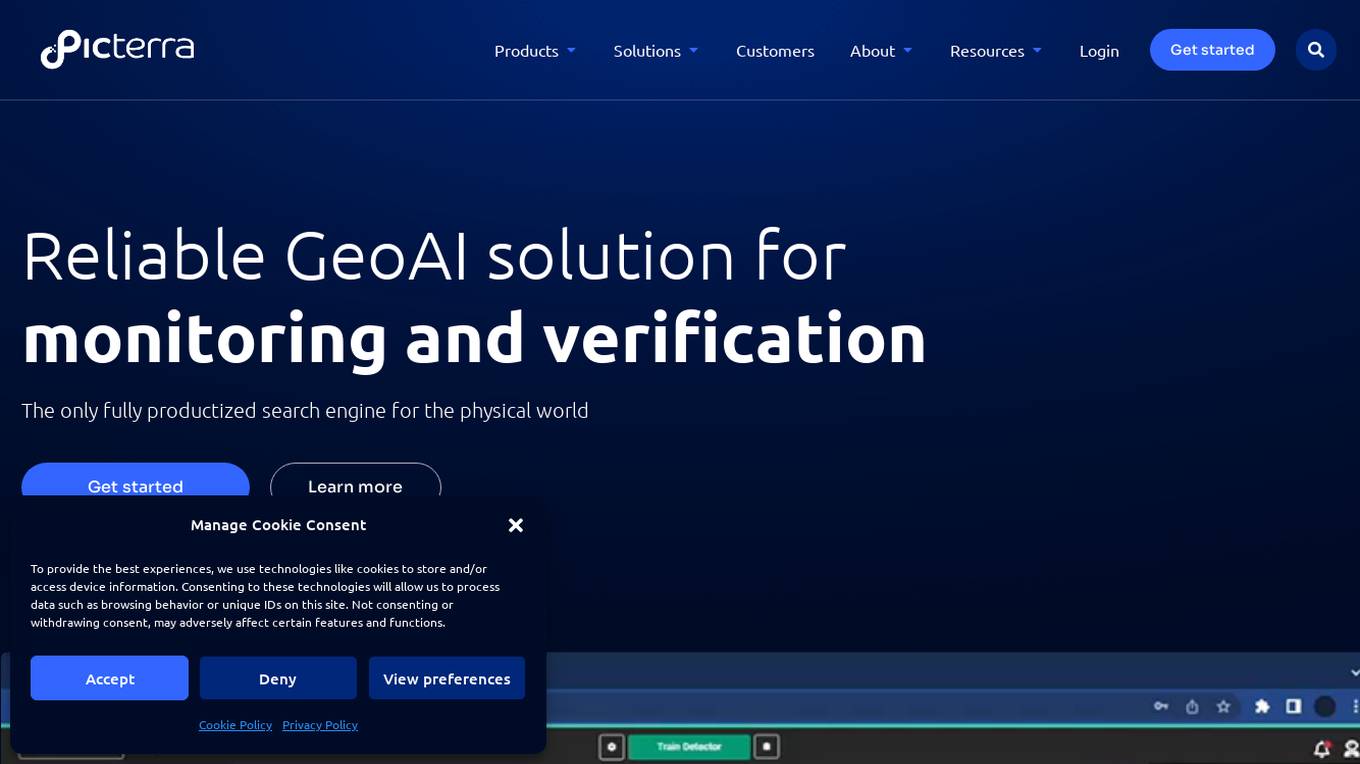
Picterra
Picterra is a geospatial AI platform that offers reliable solutions for sustainability, compliance, monitoring, and verification. It provides an all-in-one plot monitoring system, professional services, and interactive tours. Users can build custom AI models to detect objects, changes, or patterns using various geospatial imagery data. Picterra aims to revolutionize geospatial analysis with its category-leading AI technology, enabling users to solve challenges swiftly, collaborate more effectively, and scale further.
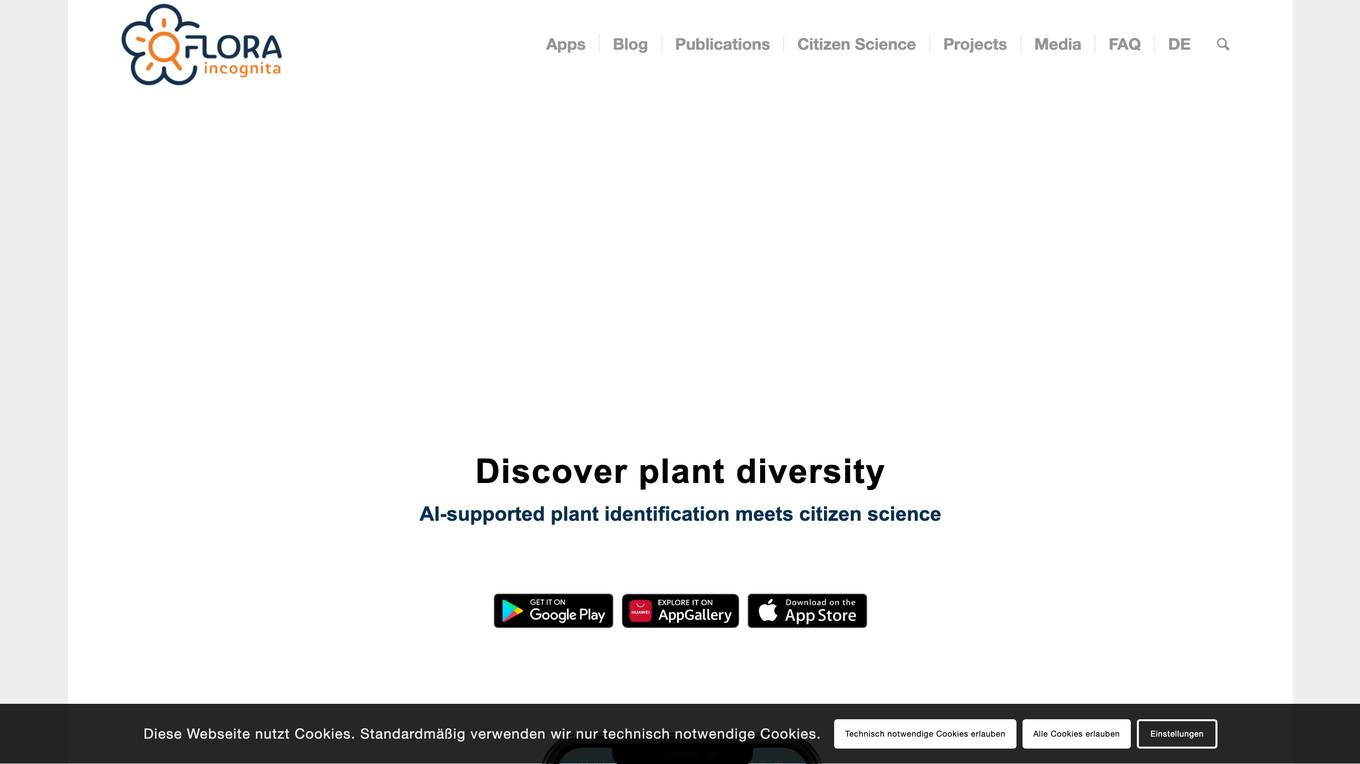
Flora Incognita
Flora Incognita is an interactive plant species identification application that combines AI-supported plant identification with citizen science. With the ability to identify over 30,000 plant species, users can save their plant observations and access extensive plant fact sheets. The app is free of charge, advertising-free, and can be used offline, making it ideal for educational purposes and nature conservation initiatives.
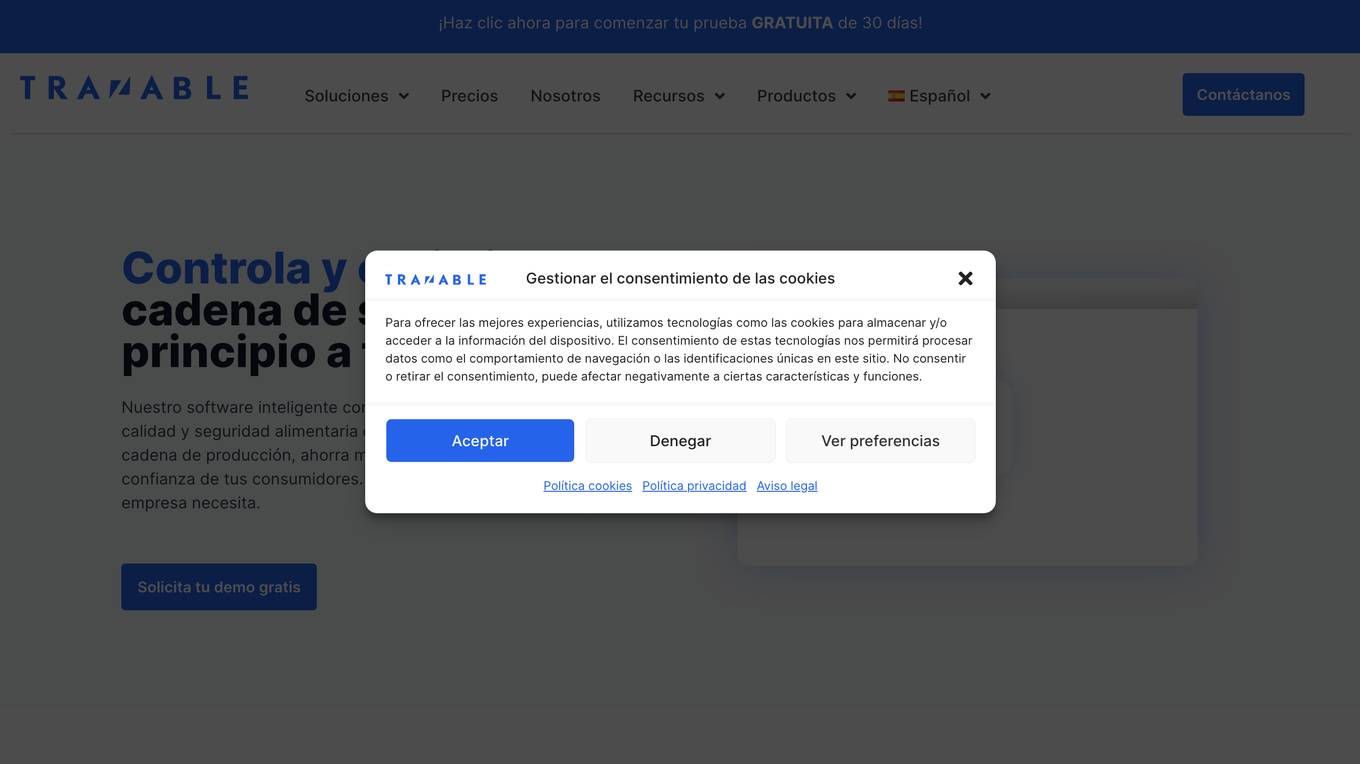
Trazable LifeCycle
Trazable LifeCycle is a sustainability software designed to measure, improve, and report the sustainability of companies. It simplifies the process of measuring and reporting environmental impact by providing tools to create process maps, add environmental impact data, and generate key sustainability indicators. The software is tailored for the food industry, offering over 50 million industry-specific data points to aid in decision-making and compliance with sustainability regulations. Trazable LifeCycle ensures data validity by using constantly updated and validated datasets, allowing users to measure both product and organizational carbon footprints.

SpatialBrowser
SpatialBrowser is a web application that provides spatial browsing capabilities for users to explore and analyze spatial data. The platform allows users to visualize geographic information, perform spatial analysis, and create interactive maps. With SpatialBrowser, users can easily navigate through spatial datasets, conduct geospatial queries, and gain insights from the data. The application is designed to be user-friendly and intuitive, making it suitable for both beginners and advanced users in various industries such as urban planning, environmental management, and business analytics.
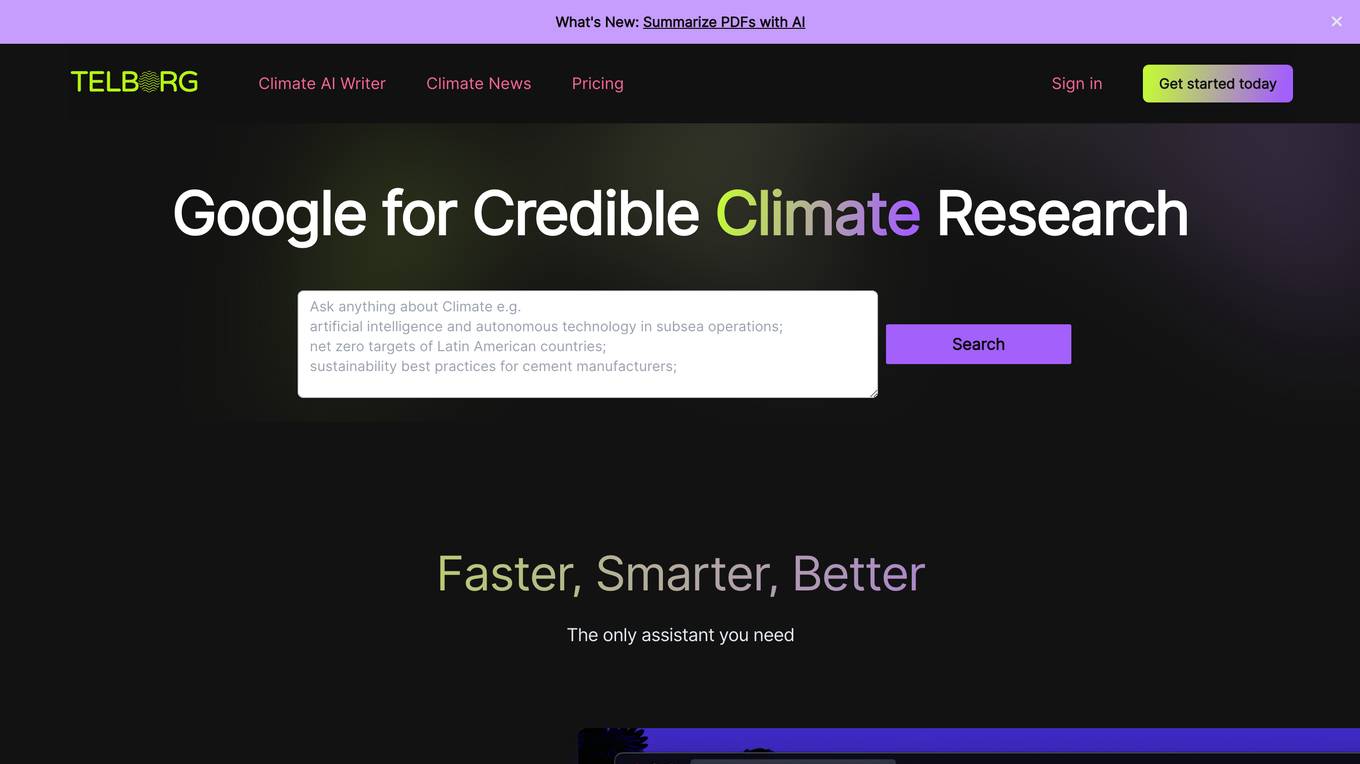
Telborg
Telborg is a global climate news platform that provides reliable, unbiased, and ad-free reporting on climate and energy news. It offers nature-based solutions, climate finance, renewables, energy storage, hydrogen, synthetic fuels, nuclear and geothermal energy, AI and robotics for climate, materials and critical minerals, biodiversity and carbon removal, industrial decarbonization, and ClimateTech. Telborg stands out by directly sourcing news from official sources worldwide, ensuring credibility and independence in reporting.
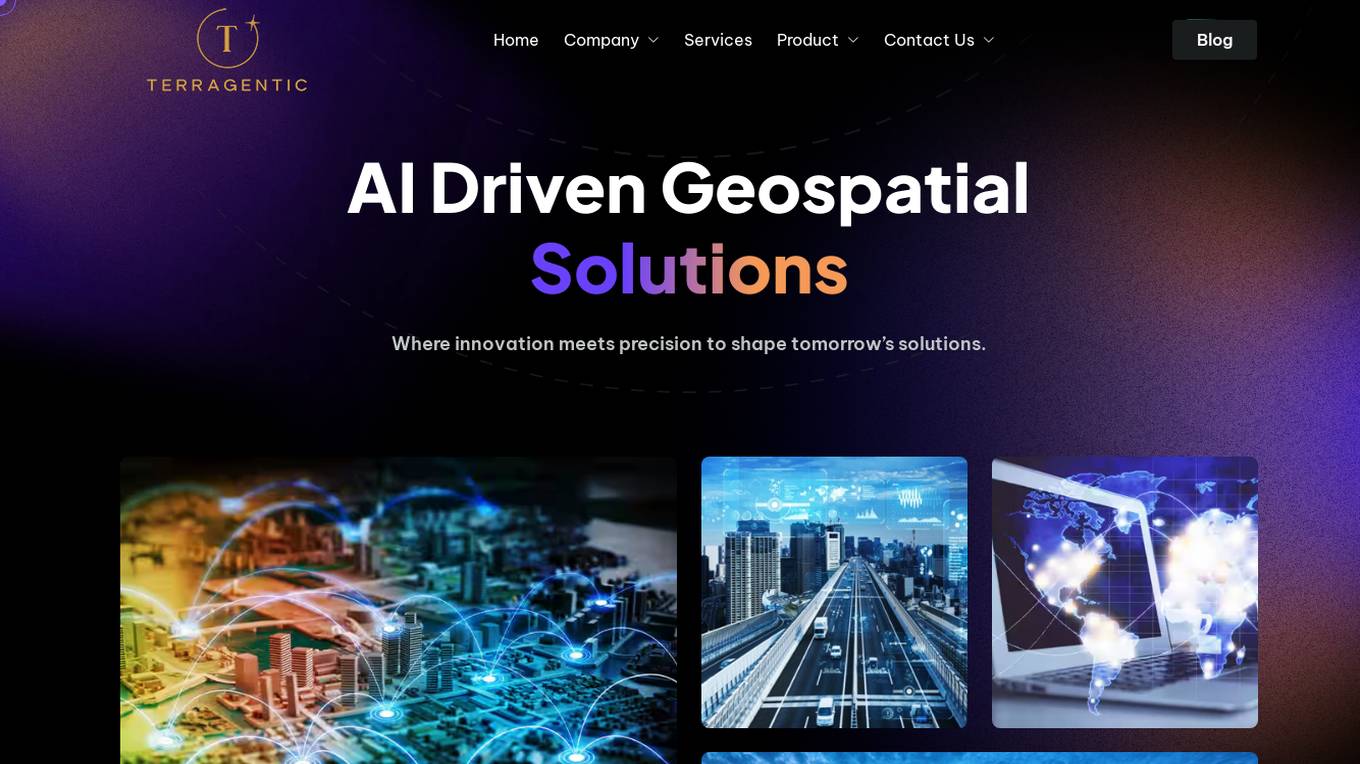
Terragentic
Terragentic is an AI-driven geospatial technology company that empowers sustainable resource management and transformative decision-making. They provide cutting-edge geospatial services, precise mapping, advanced data analytics, and innovative applications of artificial intelligence to solve complex challenges across diverse sectors. Terragentic is committed to environmental stewardship, ethical business practices, and delivering high-quality, AI-enhanced, accurate, and actionable geospatial intelligence to empower industries.
0 - Open Source Tools
20 - OpenAI Gpts
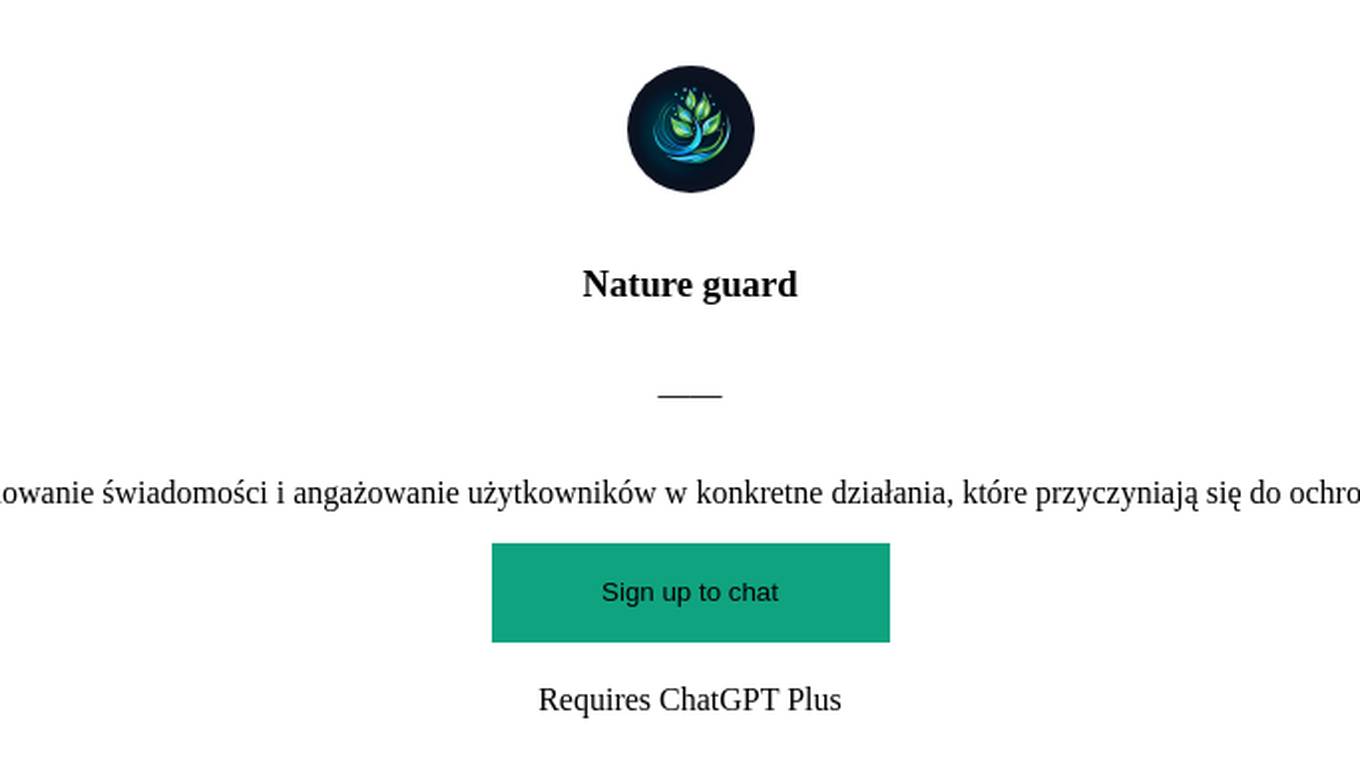
Nature guard
Moim zadaniem jest promowanie świadomości i angażowanie użytkowników w konkretne działania, które przyczyniają się do ochrony środowiska naturalnego.

Earth Conscious Voice
Hi ;) Ask me for data & insights gathered from an environmentally aware global community
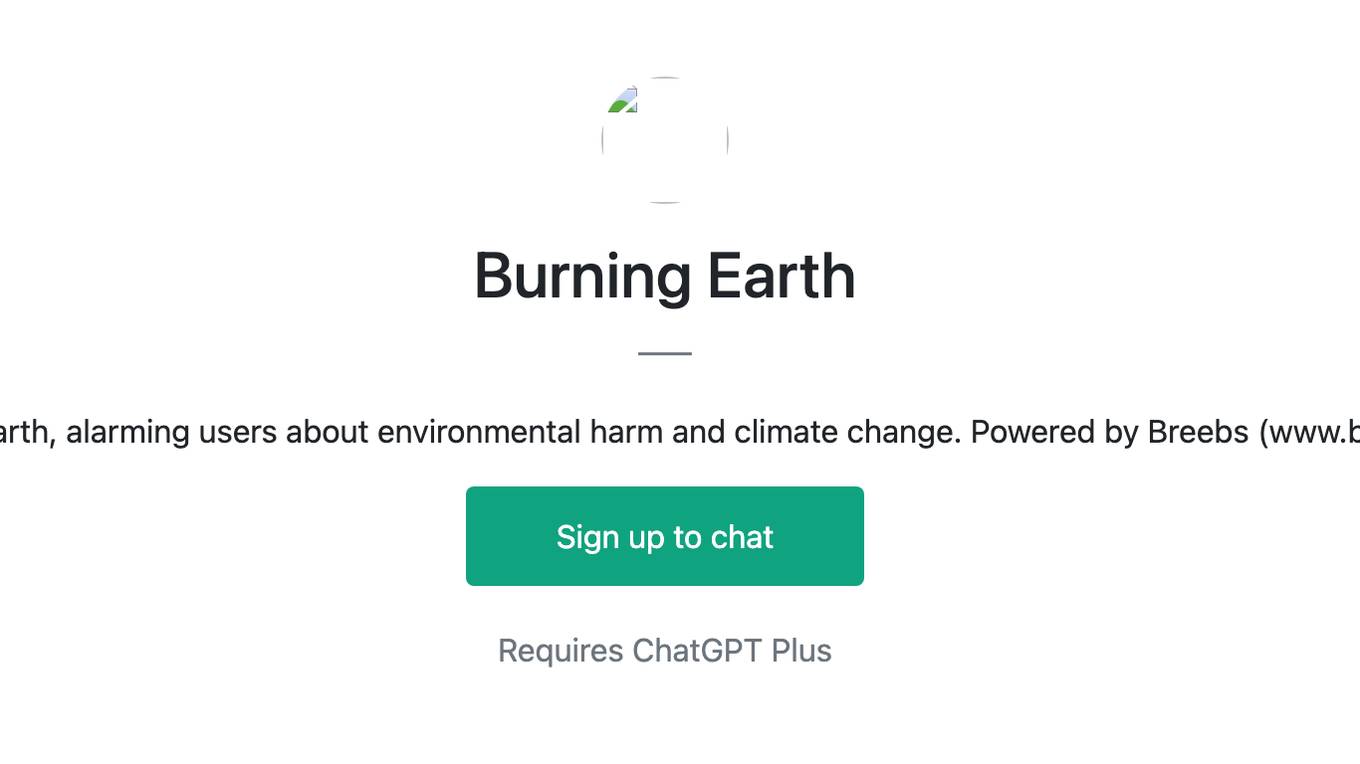
Burning Earth
I'm Burning Earth, alarming users about environmental harm and climate change. Powered by Breebs (www.breebs.com)
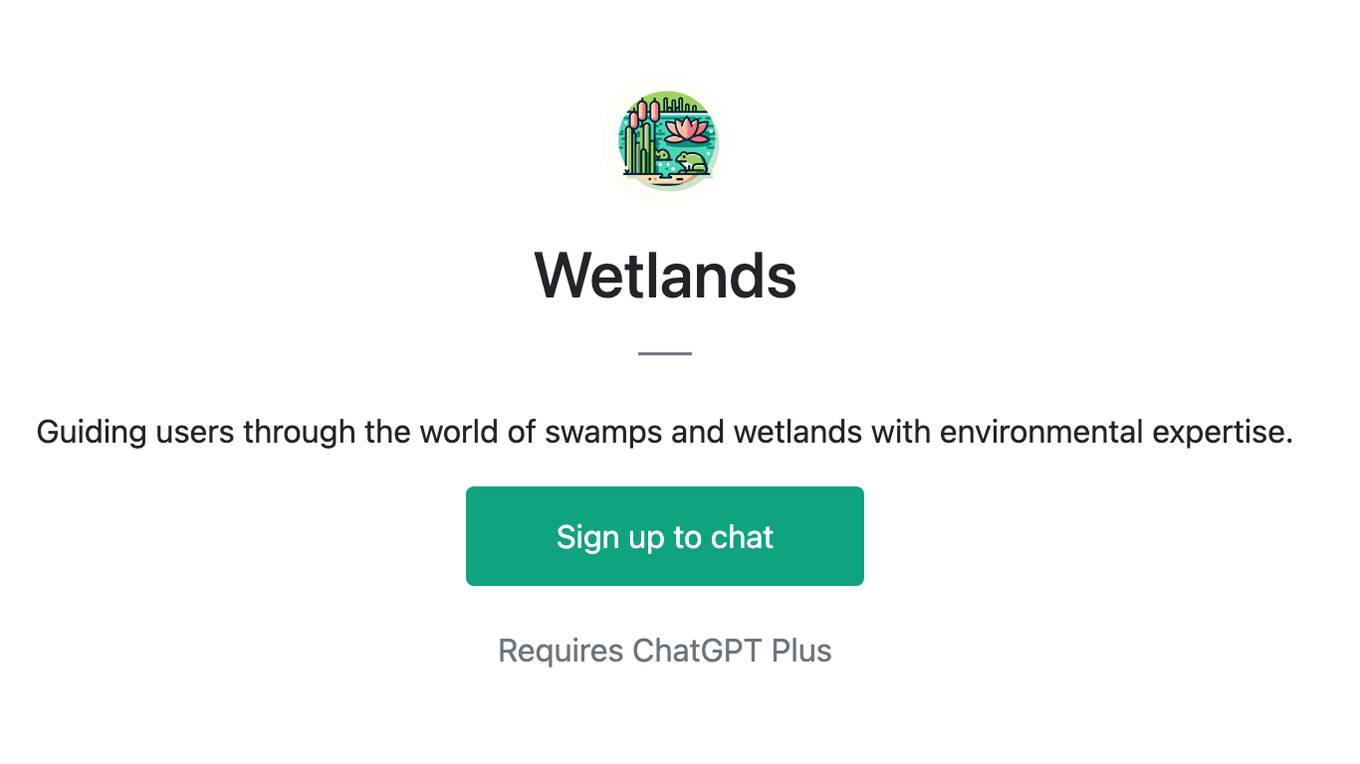
Wetlands
Guiding users through the world of swamps and wetlands with environmental expertise.
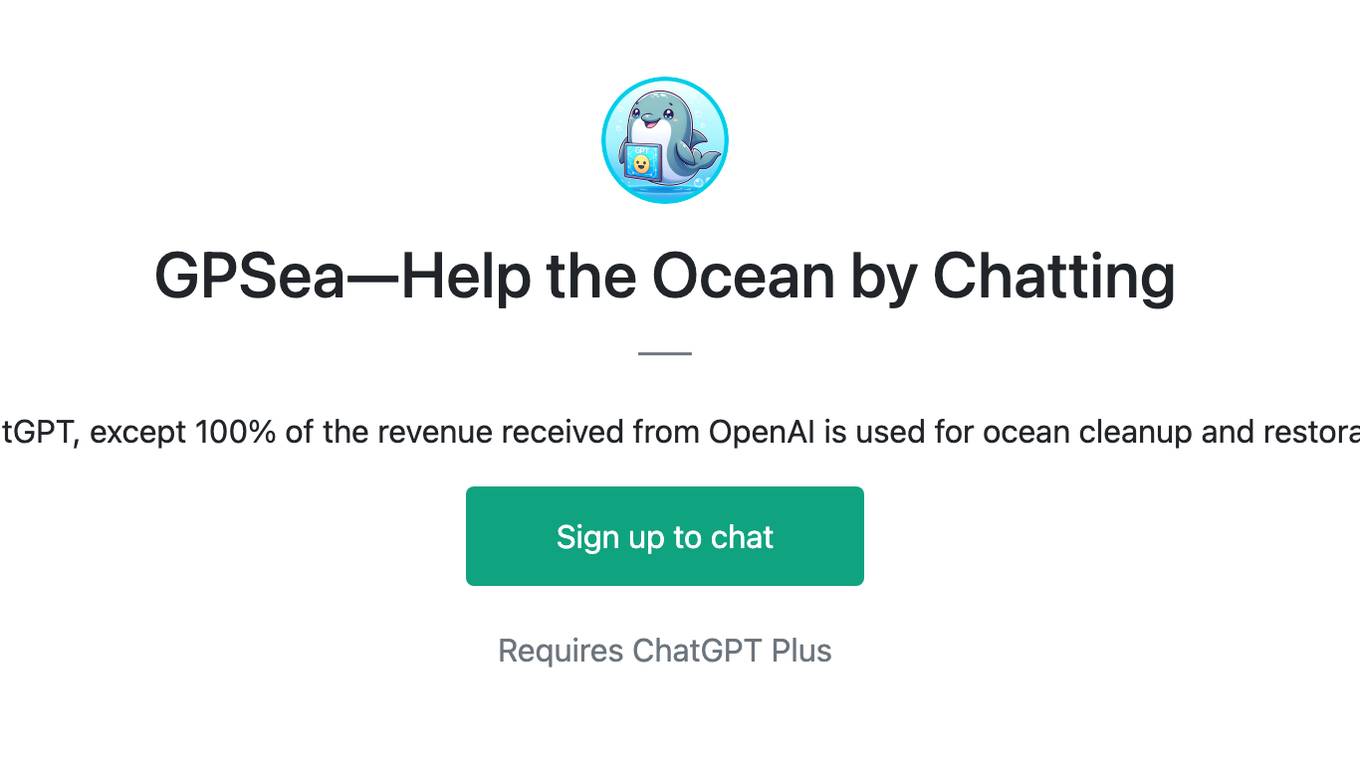
GPSea—Help the Ocean by Chatting
Exactly like ChatGPT, except 100% of the revenue received from OpenAI is used for ocean cleanup and restoration projects!
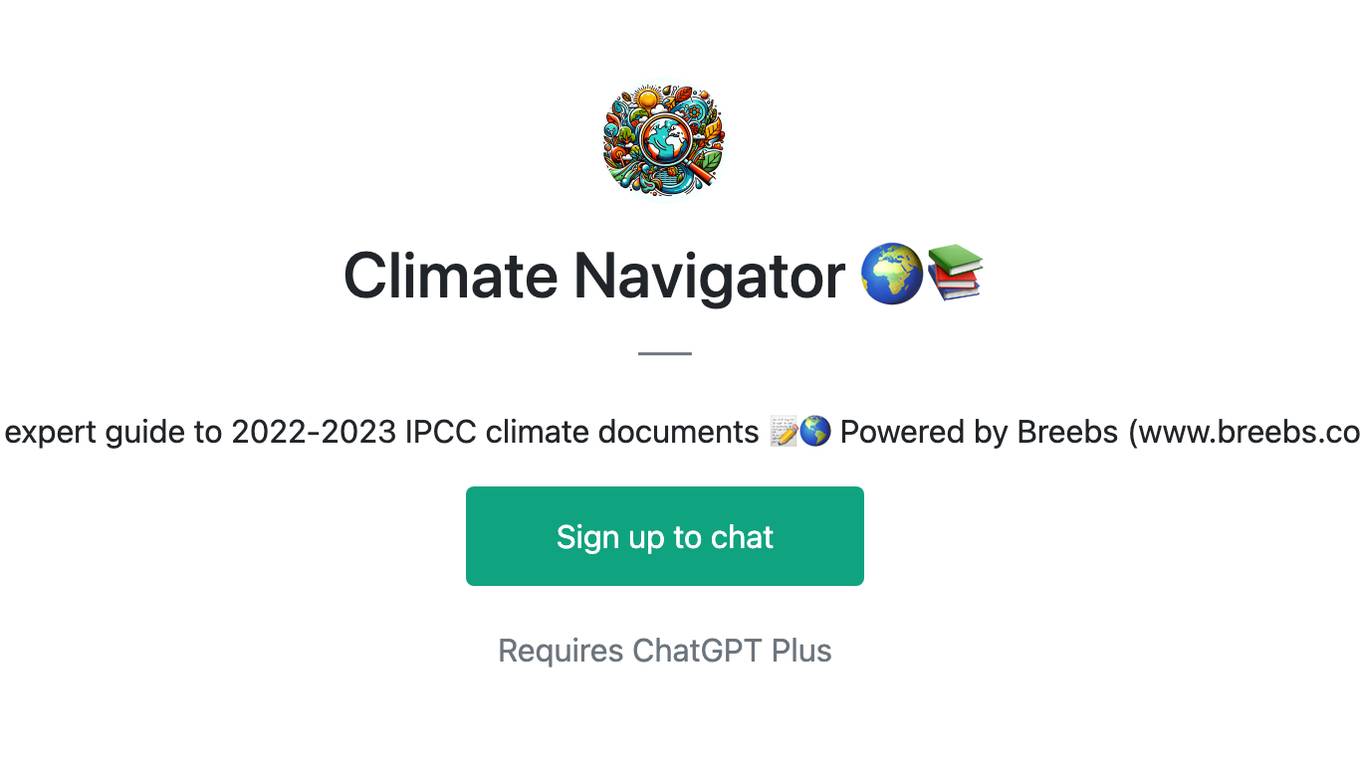
Climate Navigator 🌍📚
Your expert guide to 2022-2023 IPCC climate documents 📝🌎 Powered by Breebs (www.breebs.com)
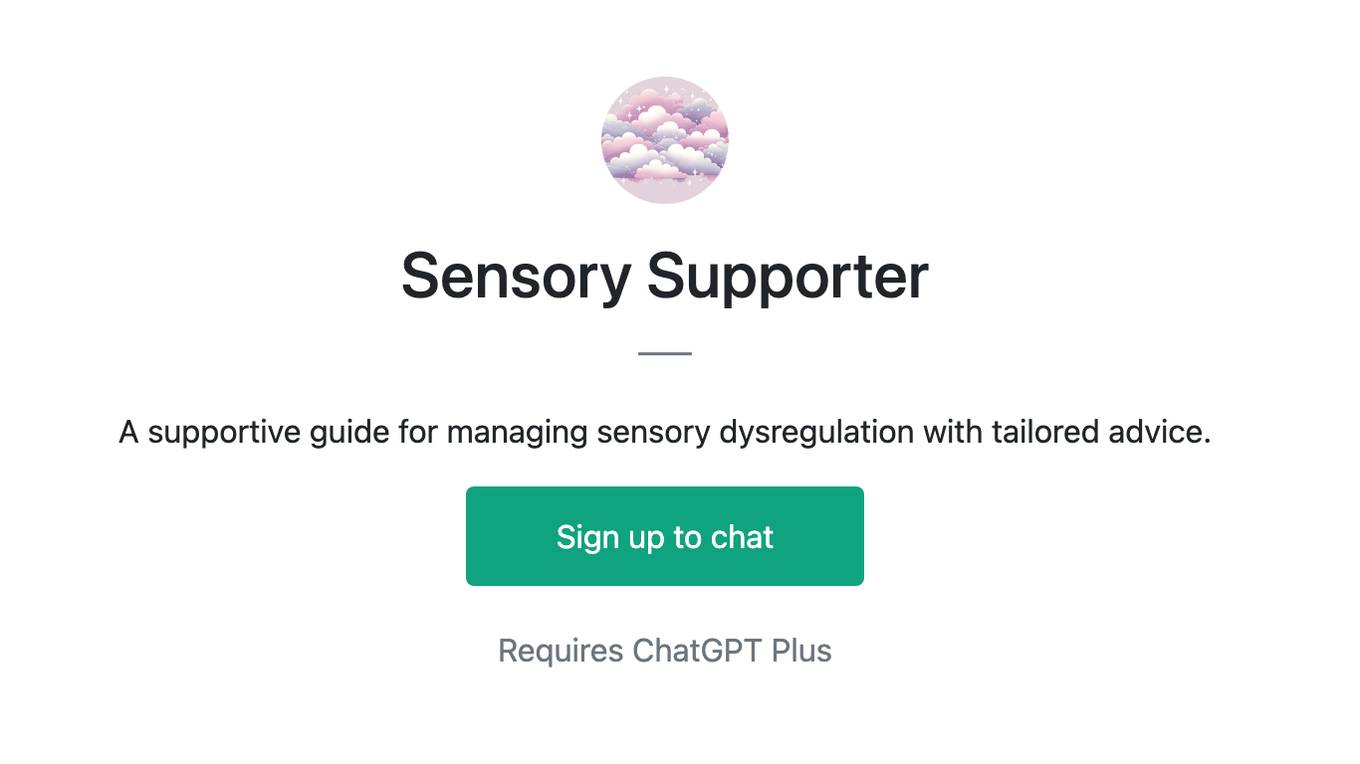
Sensory Supporter
A supportive guide for managing sensory dysregulation with tailored advice.

Environmental Engineering Advisor
Advises on sustainable engineering solutions to environmental challenges.
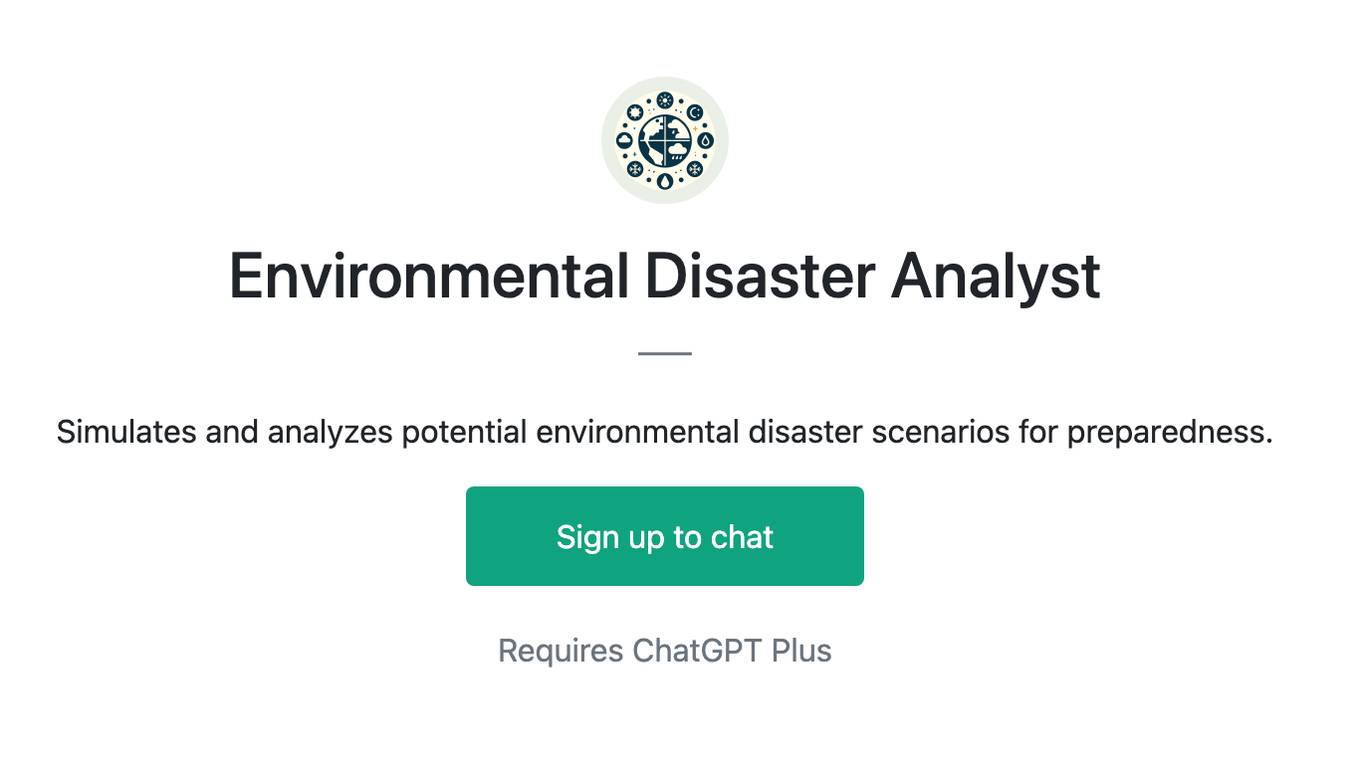
Environmental Disaster Analyst
Simulates and analyzes potential environmental disaster scenarios for preparedness.
